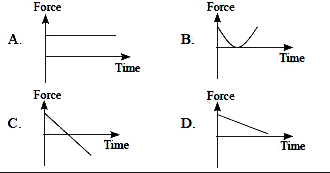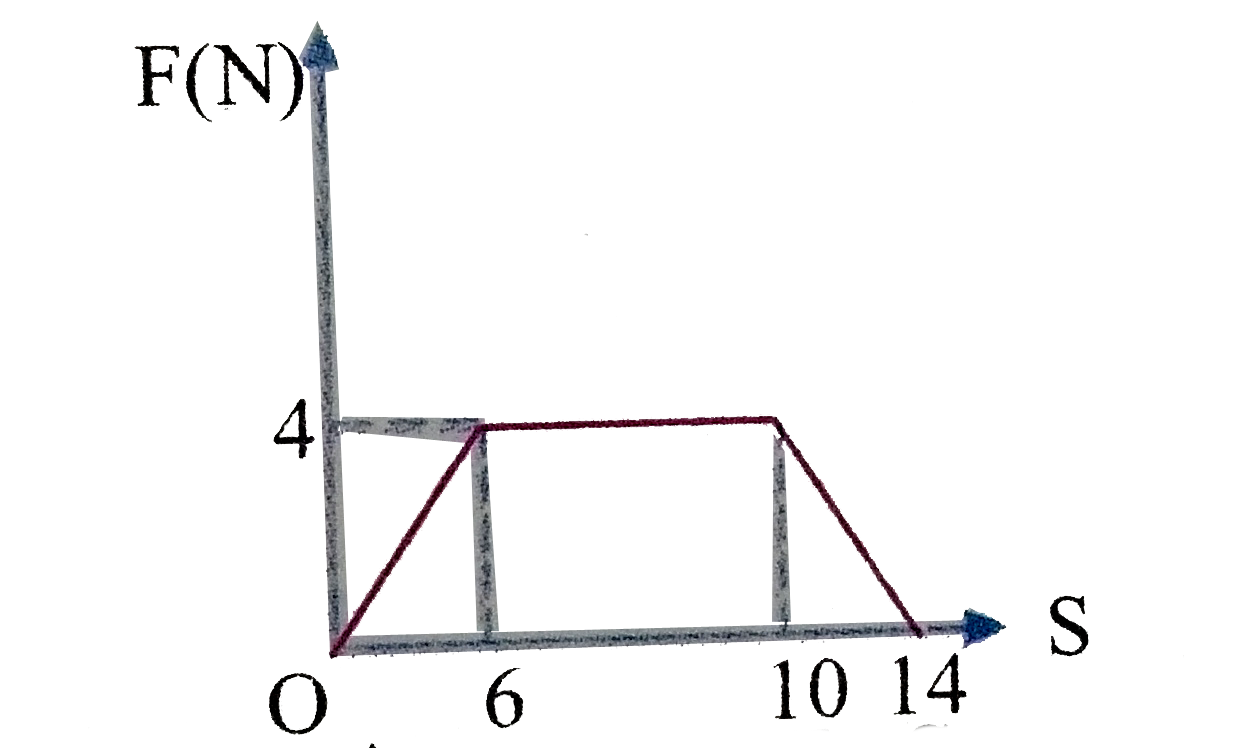Which force tends to slow down objects or keep them from moving?
Friction is a force that slows things down or prevents things from moving.
Topper's Solved these Questions
- BOOK - MTG IIT JEE FOUNDATIONCHAPTER - FORCE AND PRESSURE EXERCISE - EXERCISE (SUBJECTIVE PROBLEMS SHORT ANSWER TYPE)10videos
FORCE AND PRESSURE
- BOOK - MTG IIT JEE FOUNDATIONCHAPTER - FORCE AND PRESSURE EXERCISE - EXERCISE (SUBJECTIVE PROBLEMS LONG ANSWER TYPE)5videos
FORCE AND PRESSURE
- BOOK - MTG IIT JEE FOUNDATIONCHAPTER - FORCE AND PRESSURE EXERCISE - EXERCISE (COMPREHENSION TYPE)5videos
FORCE AND PRESSURE
- BOOK - MTG IIT JEE FOUNDATIONCHAPTER - FOOTSTEPS TOWARDS NEETEXERCISE - MCQ45videos
FOOTSTEPS TOWARDS NEET
- BOOK - MTG IIT JEE FOUNDATIONCHAPTER - FRICTION EXERCISE - OLYMPIAD/HOTS CORNER15videos
FRICTION
Similar Questions
Why does putting wheels on heavy objects make them easier to move?
View SolutionA force is applied to a cart moving along a horizontal track in the positive x direction. If the cart speeds up and then slows down, then which one of the following graphs best shows the variation of the force with time for the cart? Assume that friction is negligible.
 View Solution
View Solution
Knowledge Check
- Question 1 - Select One
What is the net force of an object that is not moving?
A0NB100NCUpward forceDNone of the above - Question 2 - Select One
What is the net force of an object that is not moving?
A0 NB100 NCUpward forceDDownward force - Question 3 - Select One
The force required to keep an object moving with the same speed is a measure of
Astatic frictionBsliding frictionCrolling frictionDlimiting function
The force acting on an object varies with the distance travelled by the object as shown in the figure. Find the work done by the force in moving the object from x=0m to x=14m.
 .View Solution
.View SolutionShow here are the velocity and acceleration vectors for an object in several different types of motion. In which case is the object slowing down and turning to the left ?
View SolutionWhen one body tends to move or move over the another body, the opposition force depends upon _____.
View SolutionA force is applied to an object that is free to move. Which of the following statements is correct?
View SolutionTwo objects are at rest on a level frictionless surface. The objects are not connected. A force F is applied to one of the objects, which then moves with acceleration a. Mark the correct statement(s).
View Solution

